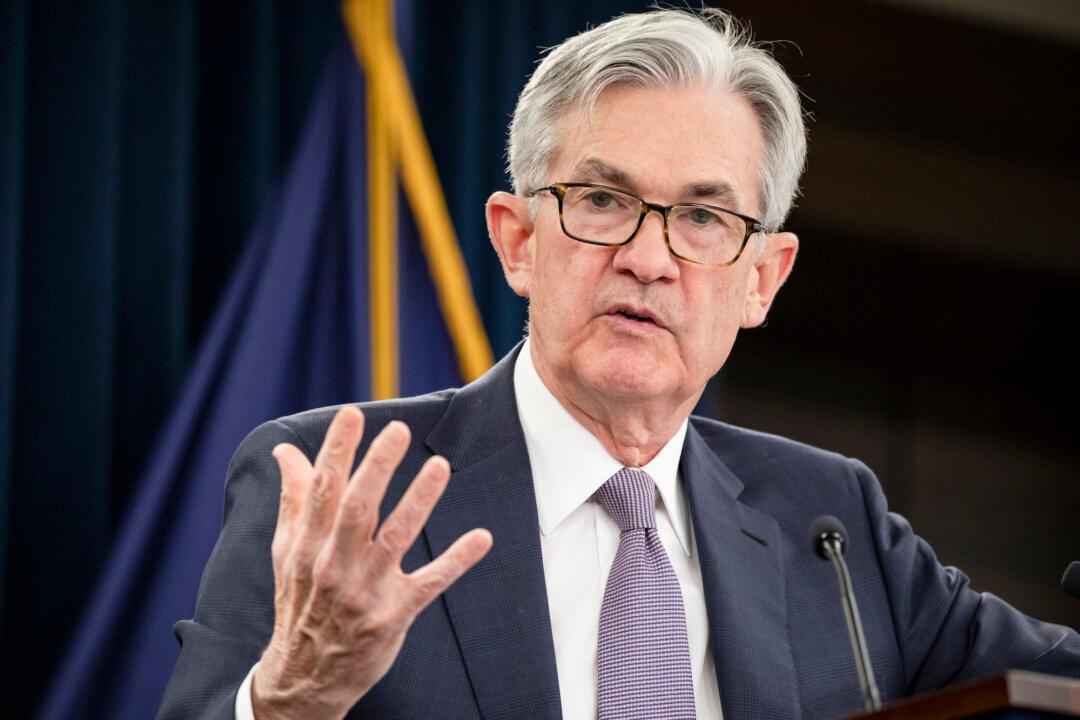WASHINGTON—The Federal Reserve said on Jan. 27 that the U.S. economy is a long way from recovery as the resurgence in COVID-19 cases has weighed on economic activity and the labor market.
After the conclusion of the central bank’s two-day policy meeting, Fed officials announced that they would hold the target range for the federal funds rate at zero to 0.25 percent, as the pandemic continues to pose “considerable risks to the economic outlook.”





